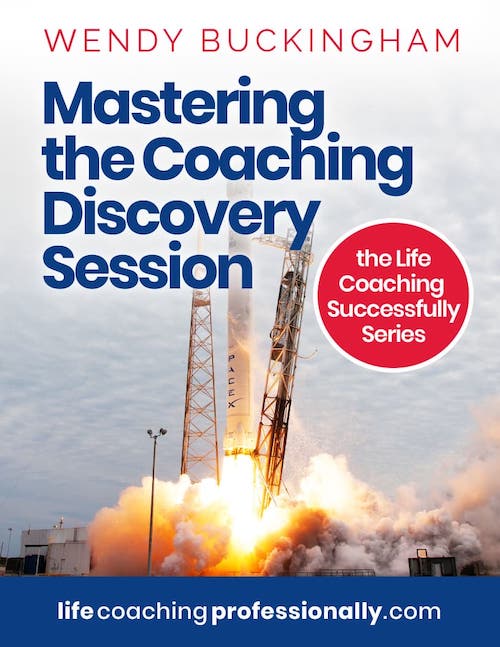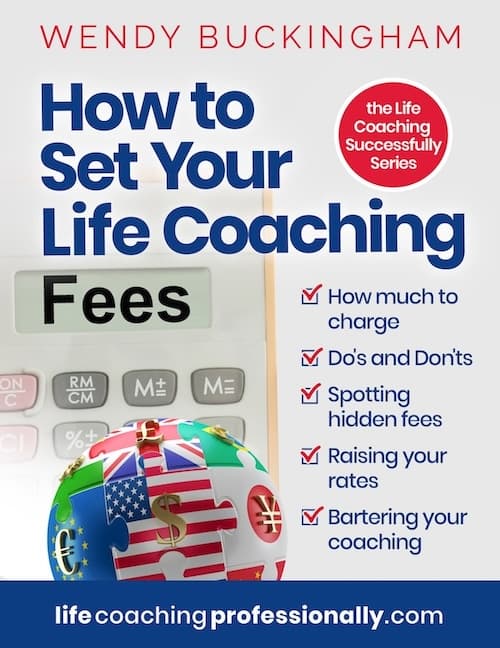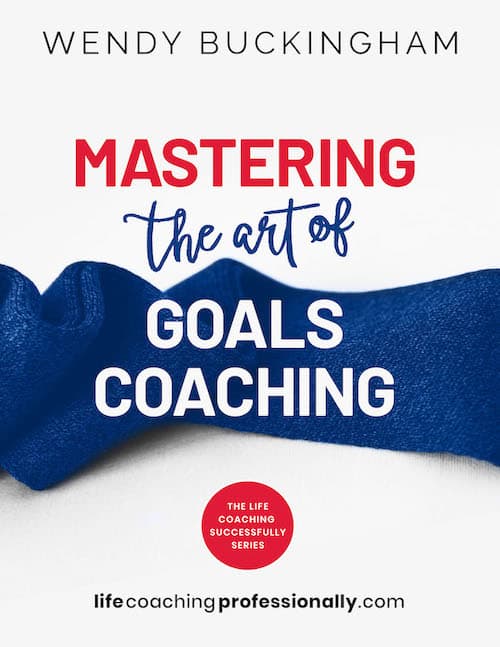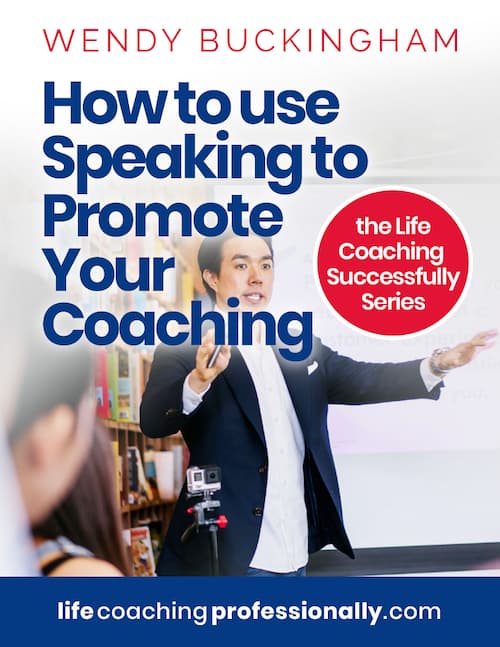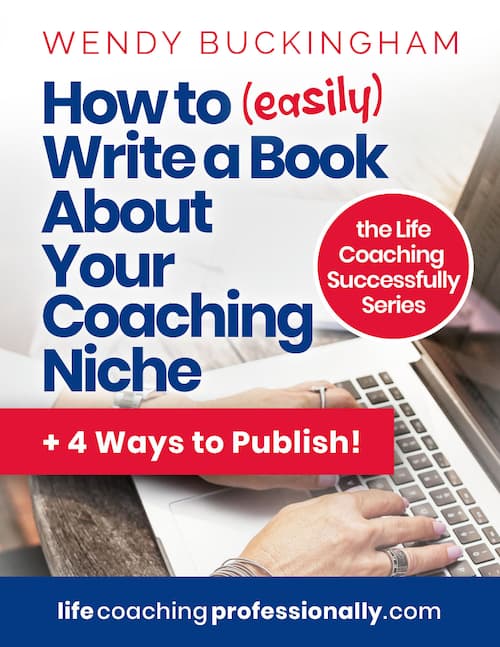- Life Coaching
- Becoming a Coach
All About Becoming A Life Coach
Page Summary
Congratulations on researching the steps to becoming a life coach. It can be a wonderful and rewarding career. Read on for lots of independent information to help you understand the coaching profession and how to make the right training choices.
Quick Links
I may receive commissions at no cost to you. I participate in the Amazon Services LLC Associates Program. More...
What Is A Professional Life Coach?
A well trained life coach simply uses careful questioning and feedback to guide a willing client to identify and achieve the goals or the outcomes they want to get from being coached.
In what is defined as pure life coaching, no direct advice is given. However many coaches today combine their coaching with another skill such as mentoring, consulting or therapy depending on their background and qualifications.
I must emphasise that when it comes to combining therapy with coaching, the person needs not only to have trained as a life coach but also be properly qualified in whatever field of therapy they are offering in addition to coaching.
You'll find more about the definition of a life coach in my "What is a Life Coach", where you will also learn how coaching compares with and differs from other professions such as therapy, consulting and mentoring.
Also do read up on The History of Life Coaching as a specific profession. It's interesting and something worth knowing as you delve into the steps to becoming a certified life coach.
And, have a look at my Checklist of Coaching Skills and Aptitudes to see what else is involved if you want to be a life coach.
The First Step To Becoming A Credible Life Coach Is Training
To get started on the path to becoming a life coach, I can't emphasise enough that it is a "must" to have some coach specific training so you understand what life coaching is and how it differs from other associated professions.
A carefully chosen accredited training will give you invaluable skills and credible coaching qualifications. Even if life coaching simply adds to those qualifications you already have in a related discipline you still need to understand the differences and distinctions to be able to deliver it properly.
Although life coaching is not a regulated or licensed professions, I believe it is simply not OK or in integrity to just call yourself a life coach without investing in training.
All coach trainings are not the same. They have different syllabuses and focus. To help you choose the right one check out my page with 10 Questions To Find The Right Life Coaching Training For You, whether face to face or online, before enrolling. There are many traps to avoid so you don't end up disappointed and waste your money.
Download my eBooks for extra coaching value and resources
I have also written a range of informative books (all from my own 25+ years' experience) that will help you to authentically attract new quality clients, increase your coaching skills and promote your coaching services.
Only available as a 60 page color PDF.
100% Satisfaction or Your Money Back
I am sure you will get real value from each of these books. However, if within 30 days of purchase you are not 100% completely satisfied, you will receive a full 100% refund.
How Are You Going To Deliver Your Coaching Sessions
You'll find some clients really insist on face-to-face coaching whilst others are happy to be coached online, which can be just as effective. The more ways you can deliver your coaching, the broader your potential client base can be.
Because of CV 19, more and more coaches are offering their clients the option of online, or remote, coaching via Zoom, Skype or telephone.
Have a look at the page that discusses what it takes to become a life coach online, the distinctions and how to master those skills, in the related pages section at the bottom of this page.
The Jobs And Opportunities Available To A Professional Life Coach
As you will discover, there are many different types of coaching environments and opportunities for to explore.
Your choice of how, who and how you would like to coach (your niche or specialty) may be based on not only your preference but on the background and experience you bring to to the profession
The opportunities include being an independent life coach with your own coaching practice, workplace coaching where you are employed and get a salary and working with coaching service providers that contract you out. You'll find links to pages where I discuss all these options in my site map.
Life Coaching Associations You Can Join
If you are serious about life coaching then joining one of the independent life coaching associations (i.e. one that is not part of or promoting a particular training school) is a great way to join the coaching community. Being a member of recognised association such as the International Coaching Federation (ICF) will also offer you many membership benefits to help you on your way.
You can read more on why you should consider joining a life coaching association and a list of independent organisations to check out to find one that offers the benefits you want (such as a referral service).
Lots More On Becoming a Life Coach
Again I do suggest you explore the site map for Life Coaching Professionally. There you can see a full list of the numerous pages of informative articles and useful tools about life coaching. And all the best for your life coaching career.

